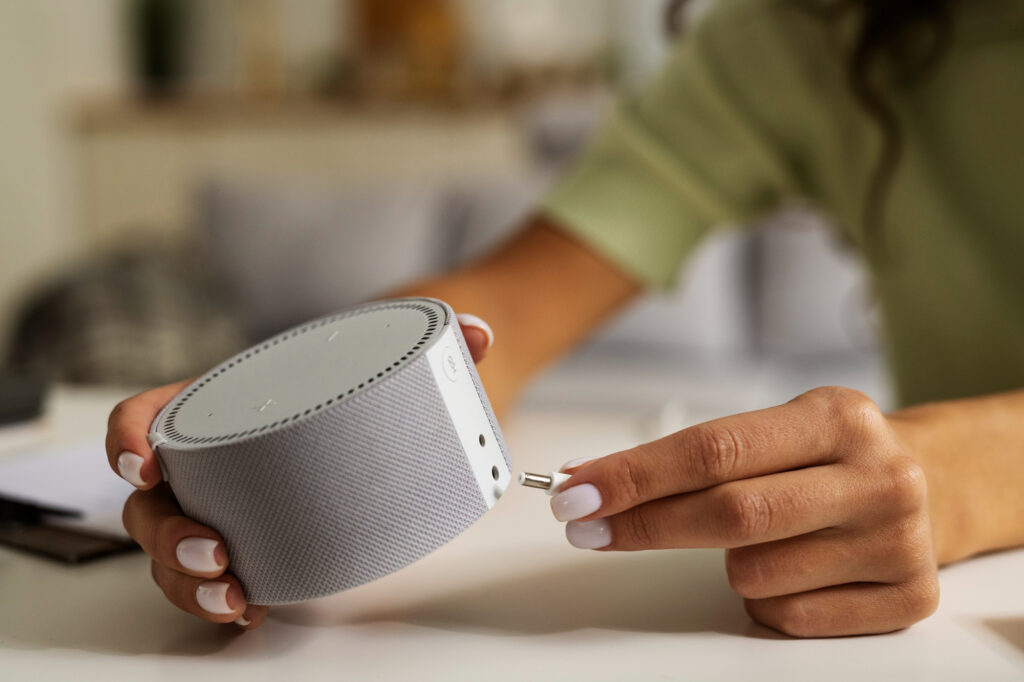The advent of smart technology has brought remarkable convenience to our lives, making daily tasks more efficient and interactive. One such example is Amazon’s virtual assistant, Alexa, which responds to voice commands, manages schedules, and even controls smart home devices. However, alongside the benefits, concerns have arisen about privacy and security, specifically the question: Is Alexa always listening to us? In this article, we will dive into the intricacies of how smart devices like Alexa operate, what data they collect, and the measures in place to protect your privacy.

The Functionality of Smart Assistants
Smart assistants like Alexa function by using a “wake word” – a specific keyword that triggers the device to start listening for commands. In the case of Alexa, the wake word is “Alexa.” When you say the wake word, the device’s microphone activates, records your command, and sends it to Amazon’s servers for processing. This cloud-based processing allows the device to comprehend your request and respond accordingly.
However, the misconception that Alexa is always actively recording conversations is not entirely accurate. The device does not record audio continuously, waiting for the wake word. Instead, it starts recording after the wake word is detected and stops once the command is processed.
The Importance of Privacy
Privacy concerns surrounding smart devices like Alexa are legitimate, as they involve the potential for unintentional recordings and data exposure. While the device does not intentionally eavesdrop, accidental activations of the wake word or even similar-sounding phrases can result in recordings being made without the user’s knowledge.
To address these concerns, technology companies have implemented privacy features and controls. For instance, Amazon provides users with the ability to review and delete voice recordings, as well as the option to disable voice recording storage entirely.
The Role of Data Storage
Voice recordings captured by Alexa are typically stored temporarily on Amazon’s servers to enhance the device’s ability to understand and respond accurately to users. However, there have been instances where these recordings were accessed by unauthorized individuals due to misconfigured settings or security vulnerabilities.
Recognizing the importance of user privacy, Amazon has introduced measures to improve data security. These include enabling multi-factor authentication, enhancing encryption protocols, and allowing users to adjust their privacy settings to determine how long voice recordings are stored.
Protecting Your Privacy
To ensure your privacy while using Alexa and similar devices, consider the following steps:
1. Regularly Review Recordings: Take advantage of the option to review and delete your voice recordings stored on the device. This practice can help you maintain control over your recorded data.
2. Manage Privacy Settings: Configure your privacy settings according to your comfort level. You can adjust settings to automatically delete voice recordings after a specific period.
3. Modify Wake Word Sensitivity: Some devices allow you to adjust the sensitivity of the wake word detection. This can reduce accidental activations and the risk of unintended recordings.
4. Disable Microphones: If you’re concerned about privacy, you can physically turn off the device’s microphones when not in use, ensuring it cannot detect the wake word.
5. Stay Updated: Keep your device’s software up to date to benefit from the latest security enhancements and features.
6. Educate Yourself: Familiarize yourself with the privacy policies of the manufacturer and understand how your data is used and stored.
Conclusion
The question, “Is Alexa always listening to us?” reveals a nuanced reality that balances convenience with privacy. While Alexa and similar smart assistants are designed to respond to voice commands triggered by a wake word, concerns about unintentional recordings and data security have led to heightened awareness of privacy issues.
By staying informed about how these devices operate, taking advantage of privacy controls, and practicing vigilance in managing your voice recordings, you can strike a balance between enjoying the benefits of smart technology and safeguarding your personal privacy. Technology companies continue to evolve their practices to address privacy concerns, ensuring that users can confidently interact with their devices while maintaining control over their data.